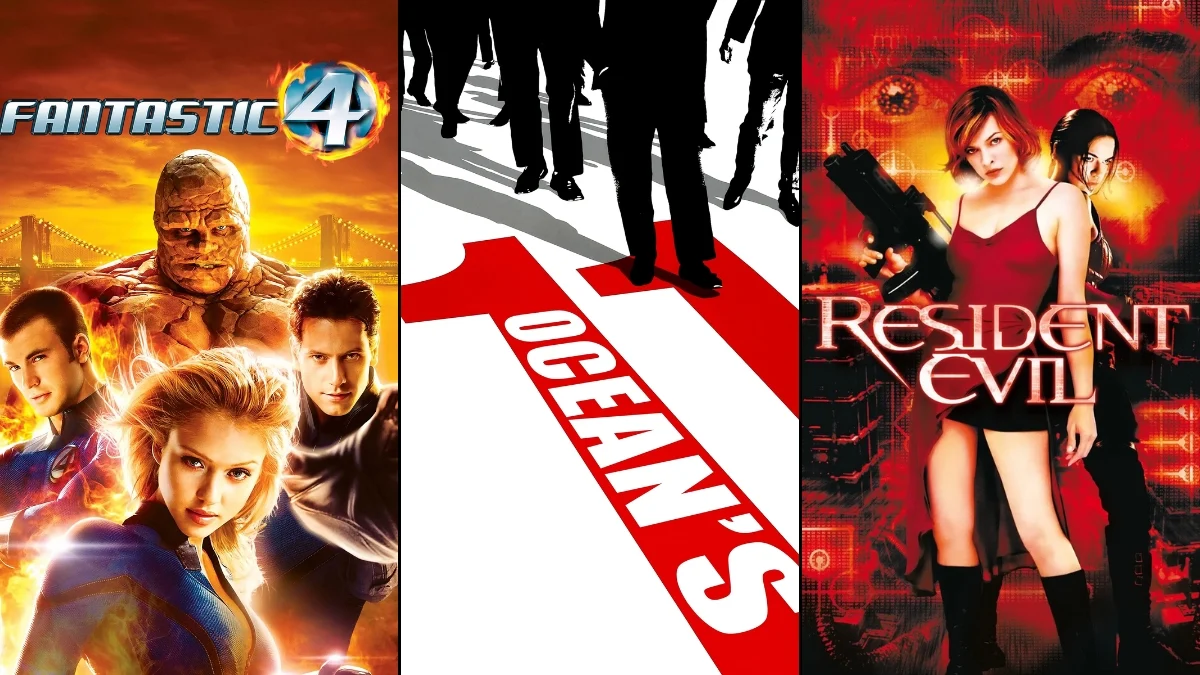
Recently, there’s been a lot of talk in the entertainment industry about the idea that trying too hard to be politically or socially relevant can actually hurt a movie’s success – the phrase “go woke, go broke” is often used. Some believe that when studios focus more on delivering a message than on telling a good story, they lose their original fans and the movie doesn’t perform well in theaters. This has happened with several established movie series that used to be very popular but struggled after trying to attract a different audience. Below is a look at some franchises that have faltered after releasing films seen as prioritizing social commentary over entertainment value.
‘Charlie’s Angels’ (1976–2019)
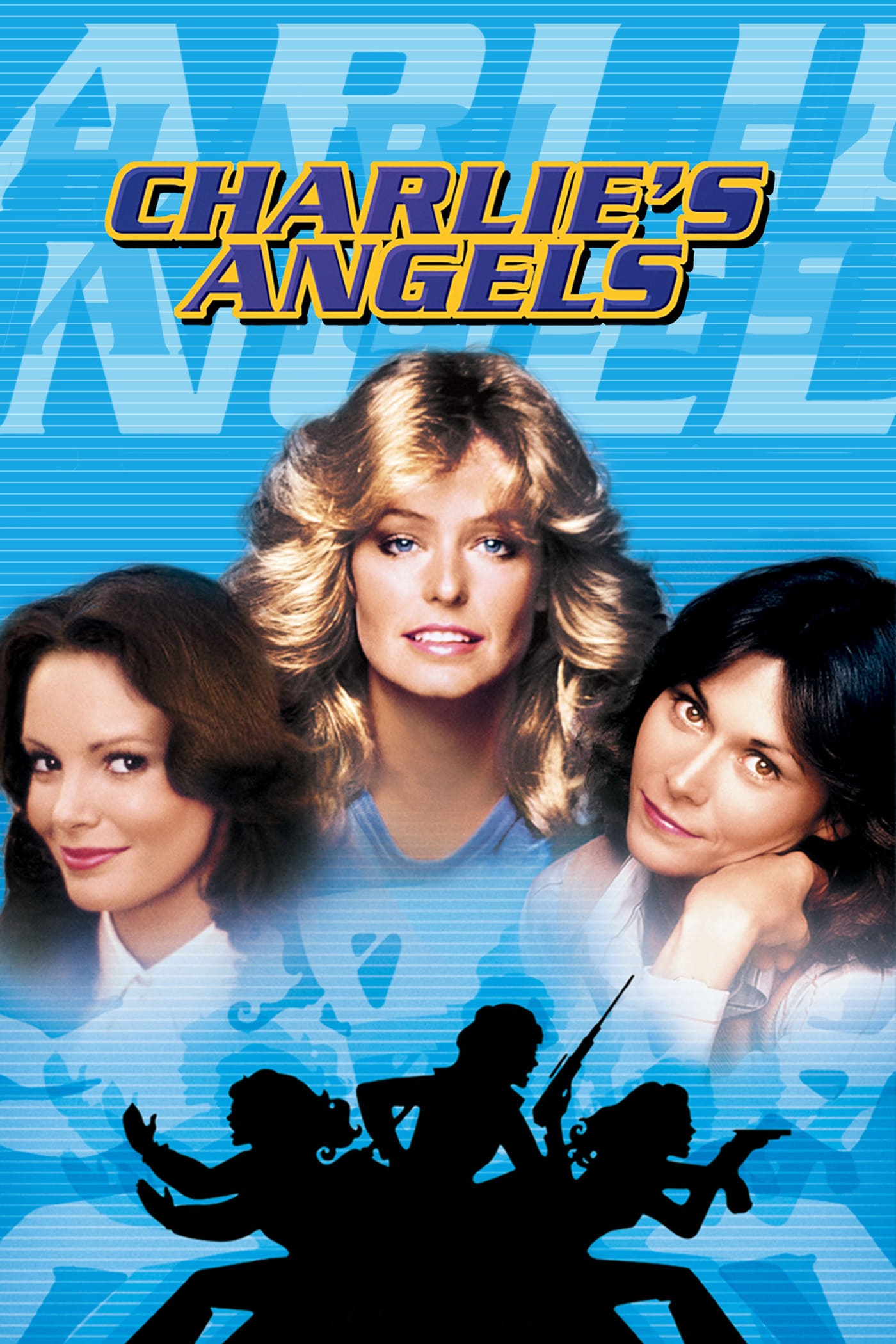
Elizabeth Banks’ 2019 attempt to revive the franchise focused on strong female leads and a message of empowerment. However, the film’s marketing and themes were seen as overly assertive, and audiences didn’t connect with it. They felt it lacked the appeal of the original series and early 2000s movies. As a result, the film lost money and any plans for sequels were cancelled.
‘Terminator’ (1984–2019)
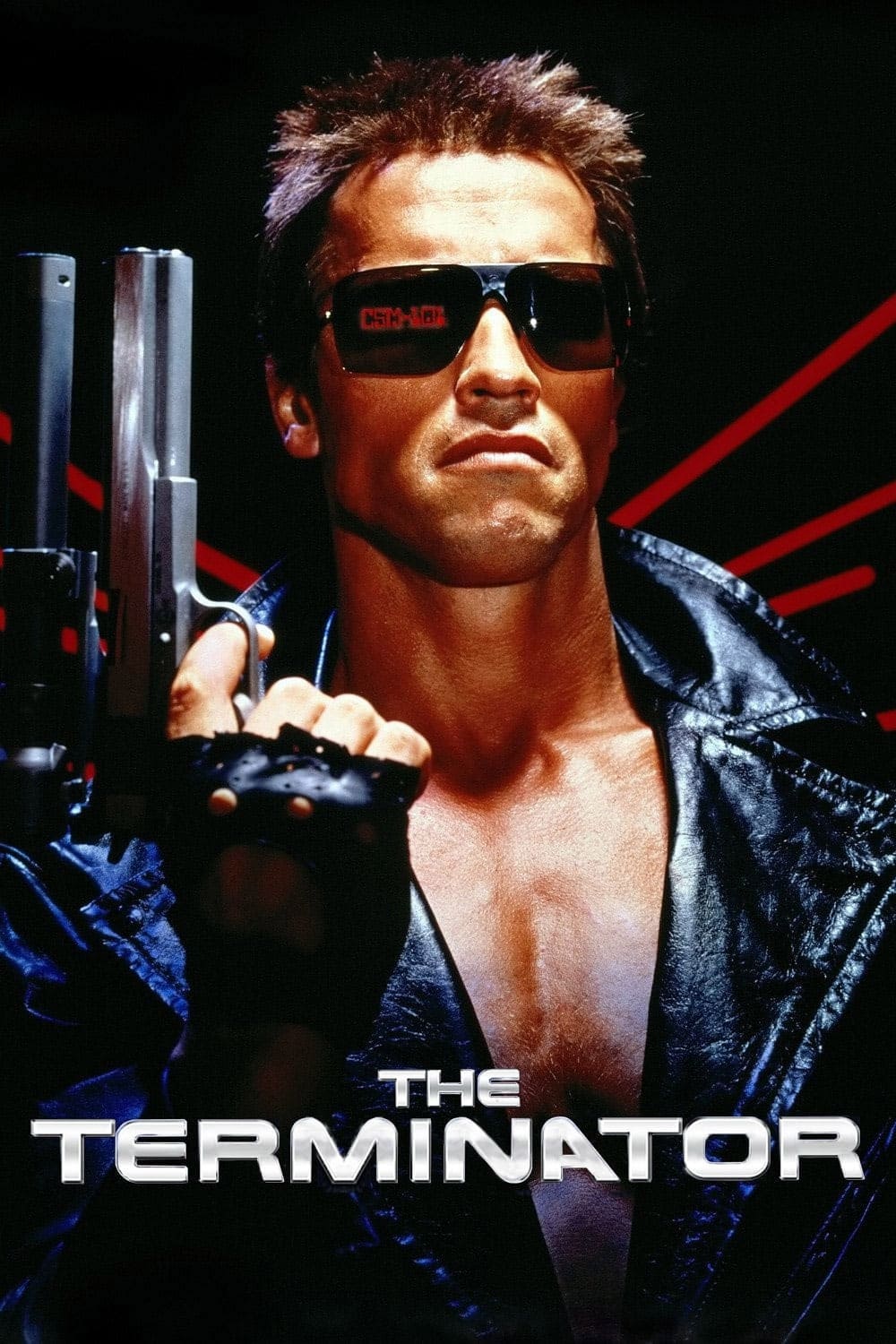
‘Terminator: Dark Fate’ surprised and upset many fans by killing off the popular character John Connor very early in the movie. The filmmakers, including James Cameron, decided to introduce a new female protector and a different path to saving humanity. This change ignored the story established in earlier films and left longtime fans feeling their loyalty hadn’t been valued. The film didn’t perform well at the box office, costing the studio over $100 million and effectively pausing any future installments in the franchise.
‘Men in Black’ (1997–2019)
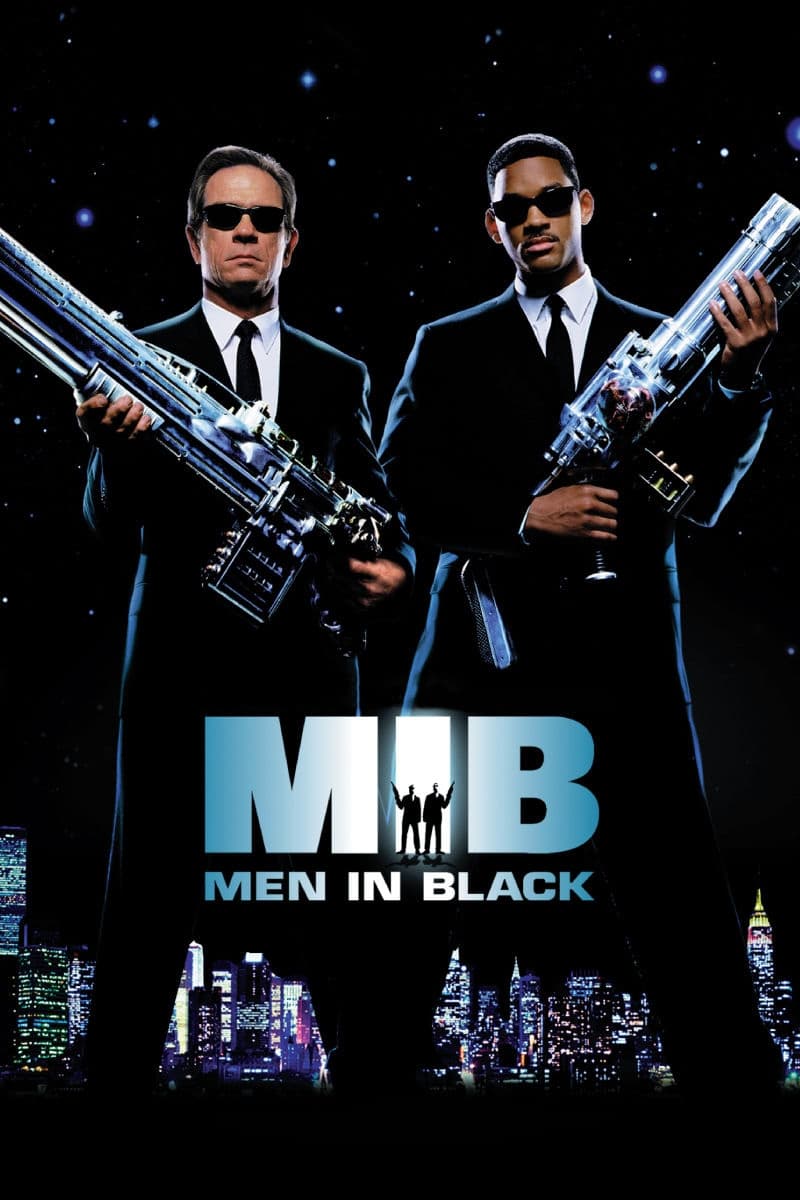
‘Men in Black: International’ aimed to reboot the popular sci-fi comedy franchise with a fresh team and a story that questioned the organization’s name. However, the new lead actors didn’t have the same spark as the original stars, and critics found the movie’s humor to be uninspired and preachy. As a result, the film sold far fewer tickets than previous ‘Men in Black’ movies, signaling a lack of audience interest in this new approach. Sony Pictures hasn’t made any further movies or projects related to the franchise since this disappointing release.
‘Ghostbusters’ (1984– )
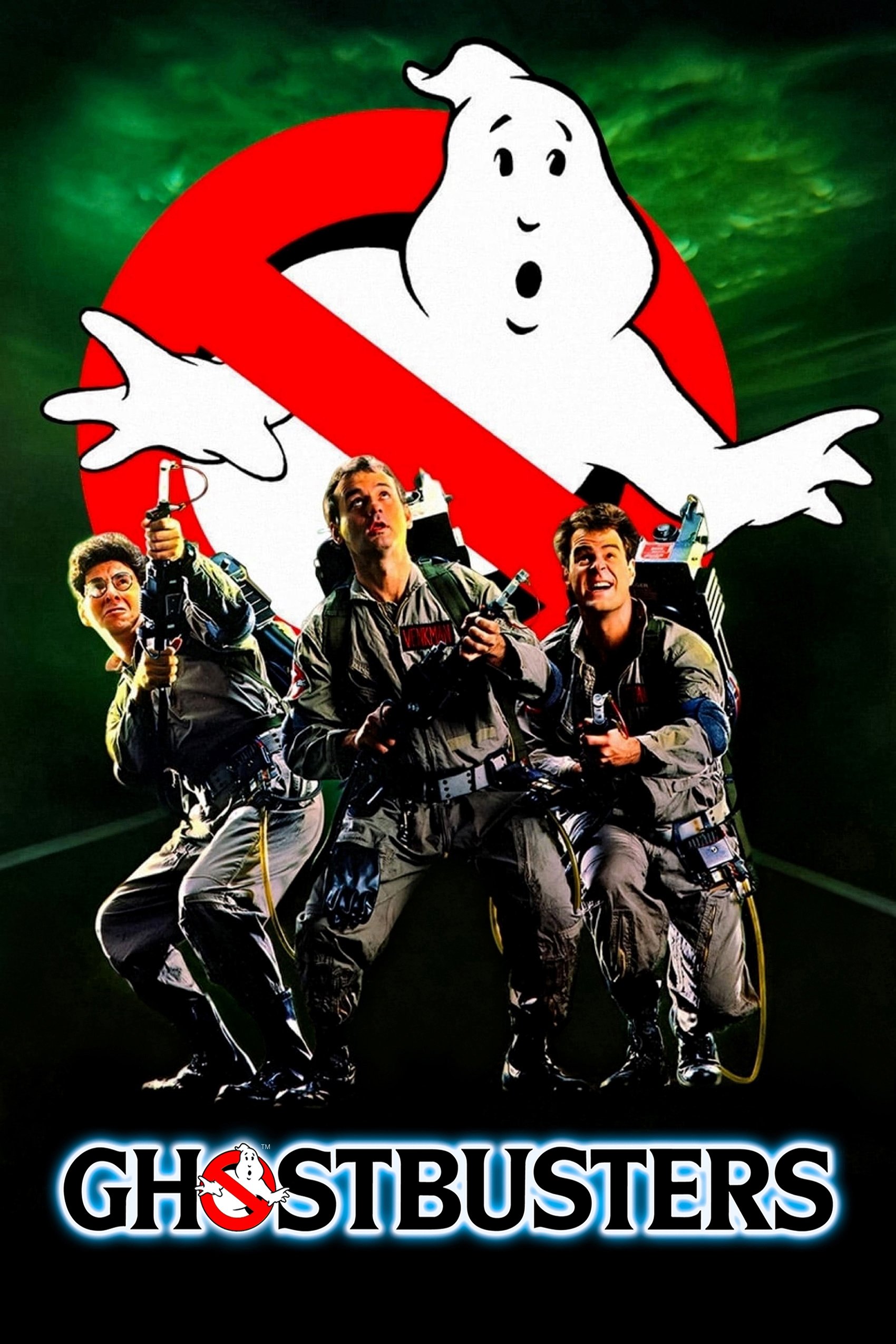
The 2016 ‘Ghostbusters’ reboot caused a lot of online controversy by changing the original story and featuring an all-female team. Director Paul Feig and the studio clashed with fans who felt their concerns were dismissed by the film’s marketing. The movie didn’t do well at the box office, and plans for future sequels were cancelled. Eventually, the studio went back to the original ‘Ghostbusters’ timeline with ‘Ghostbusters: Afterlife,’ essentially ignoring the 2016 film as if it never happened.
‘Star Wars’ (1977– )
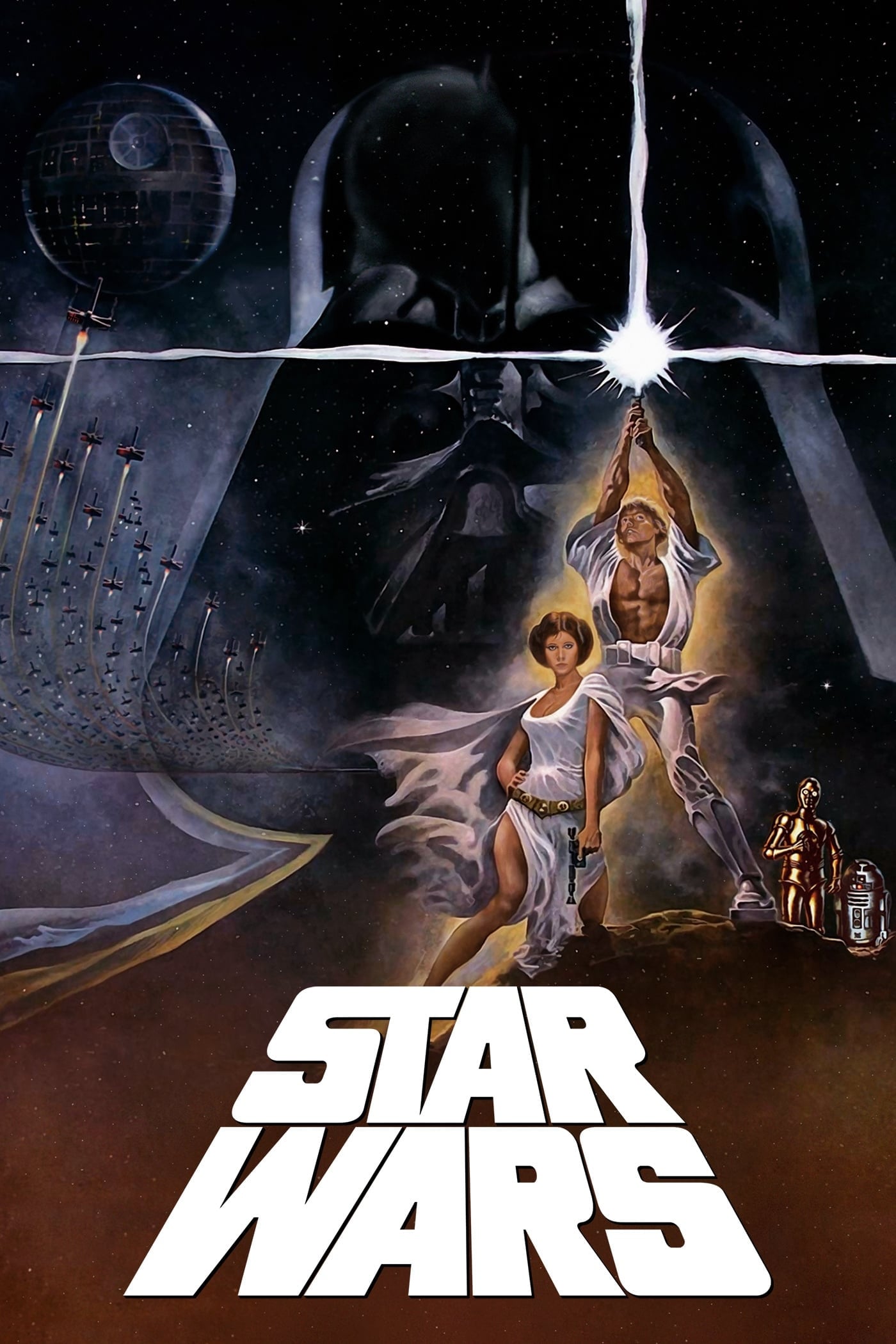
Disney’s recent Star Wars sequels sparked a strong negative reaction from fans, largely because they challenged and changed beloved characters like Luke Skywalker and Han Solo. Films like ‘The Last Jedi’ were criticized for focusing more on contemporary ideas than respecting the established history of the Star Wars universe. This led to a drop in sales of Star Wars merchandise and a growing divide among viewers. After the final film in the sequel trilogy, Disney temporarily stopped making Star Wars movies to rethink their approach to the franchise.
‘Indiana Jones’ (1981–2023)
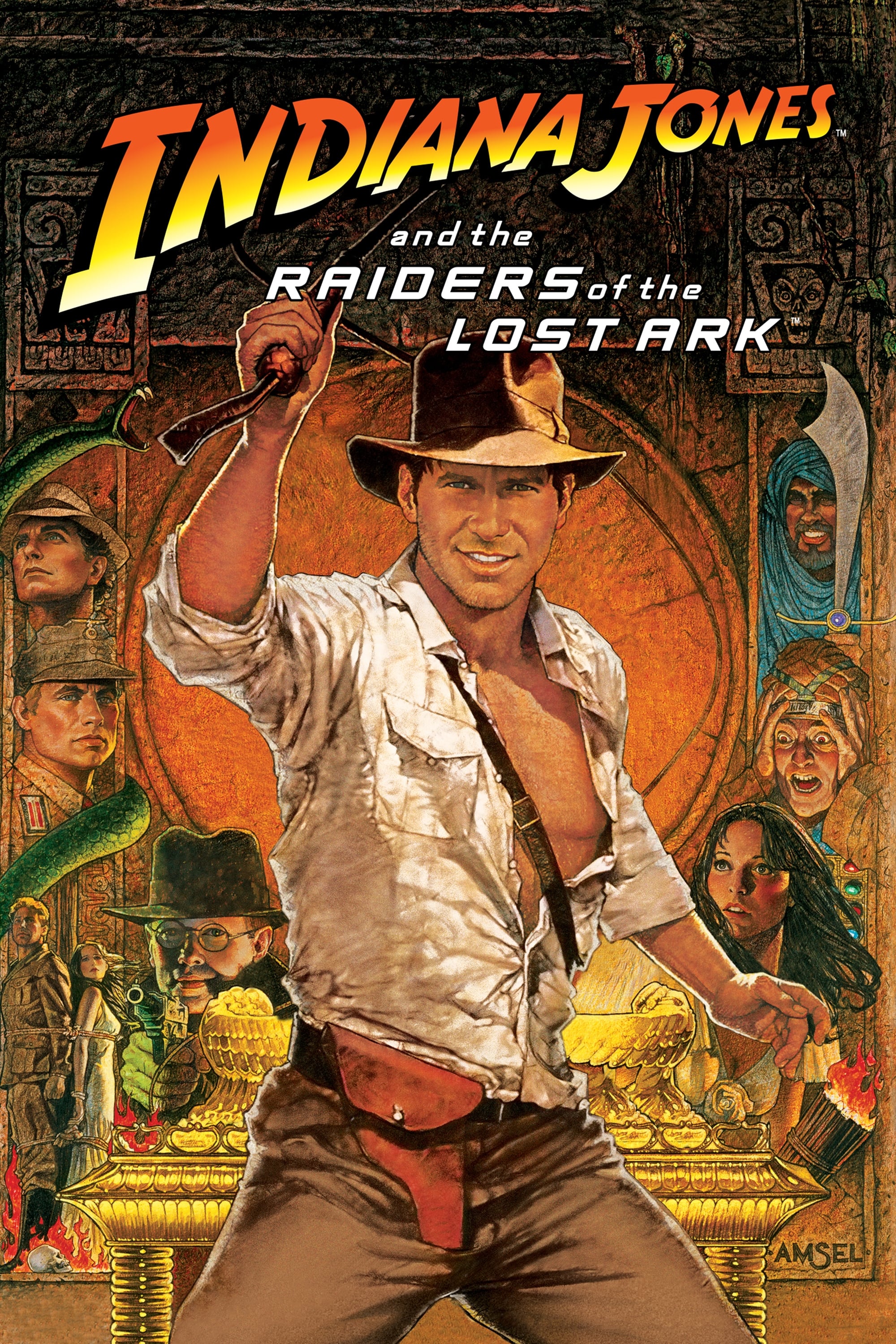
‘Indiana Jones and the Dial of Destiny’ starred an older Indiana Jones, but many felt the movie focused more on his goddaughter, Helena Shaw. Some viewers didn’t like how the film seemed to change the classic hero to make the new character more important, and they missed the exciting adventure feel of previous installments. Despite a large budget, the movie didn’t sell enough tickets and lost Disney a significant amount of money. Ultimately, it was a disappointing ending to the Indiana Jones series and signaled that future films wouldn’t be made with this version of the character.
‘The Matrix’ (1999–2021)
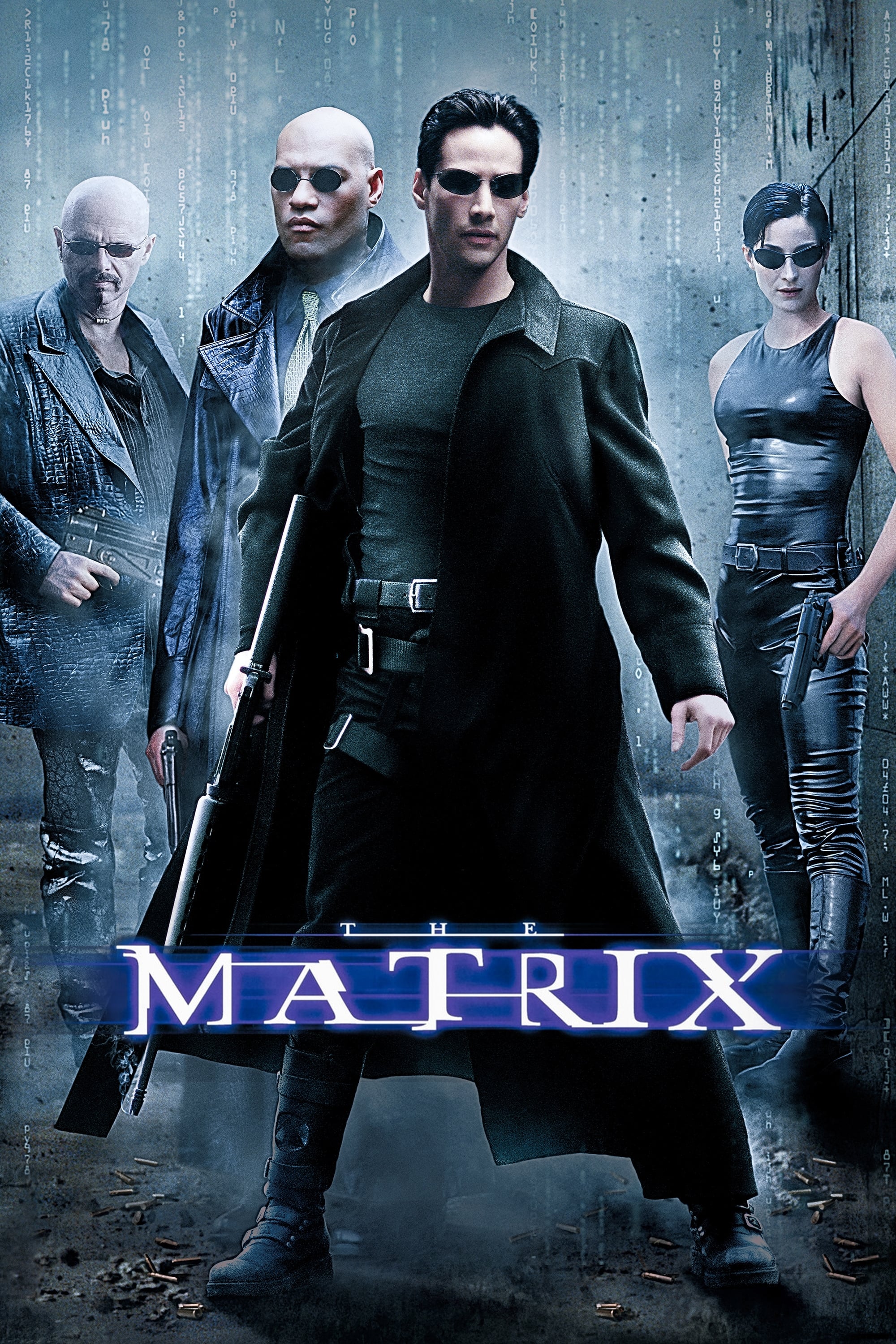
‘The Matrix Resurrections’ divided viewers with its self-aware approach to sequels and its examination of the original films’ impact. Many criticized it for focusing more on satire about the film industry and social issues than on the exciting action that made the first three movies so popular. The film didn’t earn back its production costs and received some of the lowest ratings from audiences in the series’ history. As a result, Warner Bros. hasn’t announced plans to make any more direct sequels.
‘Ocean’s’ (2001–2018)
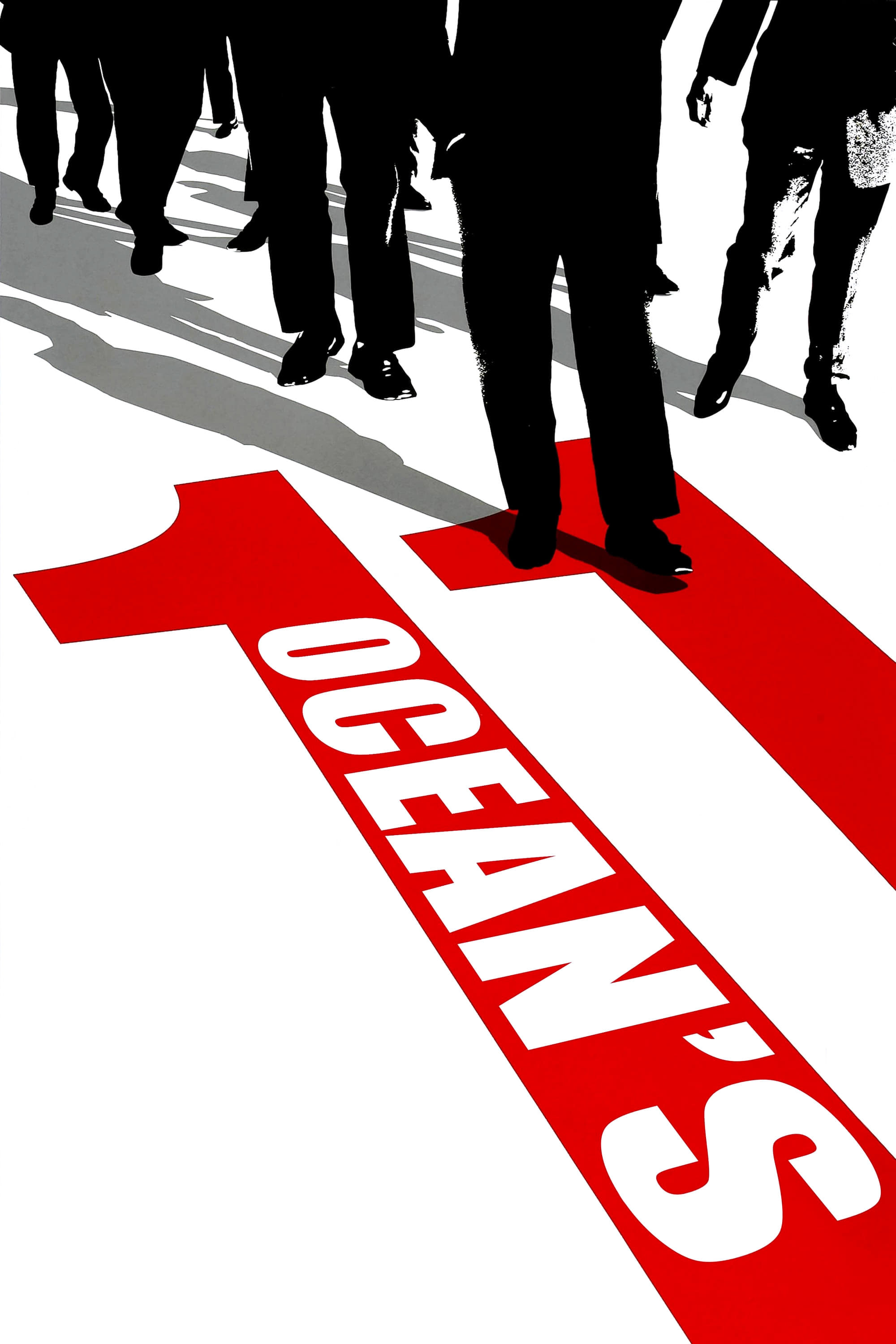
‘Ocean’s 8’ tried a new approach to the heist movie by featuring an all-female team instead of the usual male cast. While the film made some money, it didn’t become a major cultural hit or receive widespread critical praise like the original ‘Ocean’s’ trilogy with George Clooney. Plans for a second ‘Ocean’s 8’ movie lost steam, and the studio decided to make a prequel set earlier in time instead. Ultimately, changing the team’s gender didn’t create a lasting new direction for the series.
‘Toy Story’ (1995– )
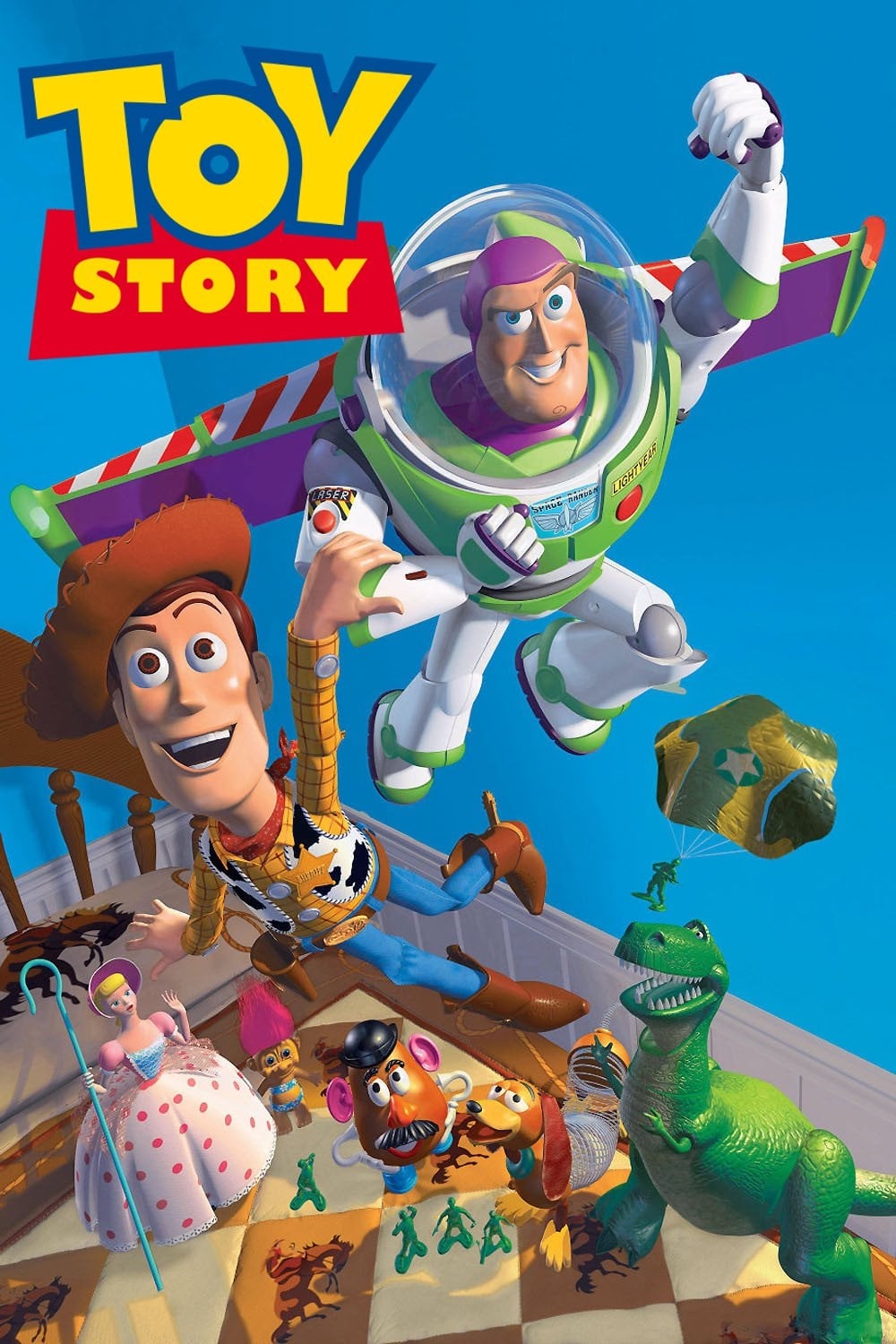
Pixar’s ‘Lightyear’ aimed to tell the story of the original human Buzz Lightyear, but it didn’t feature Tim Allen as the voice actor. This change, along with the film’s inclusion of social themes, upset many families and caused confusion. As a result, ‘Lightyear’ performed poorly in theaters and led Pixar to cancel plans for similar, realistic spin-off movies. Now, Disney is refocusing on the main ‘Toy Story’ series with the original voice cast in an effort to regain viewers.
‘Fantastic Four’ (2005–2015)
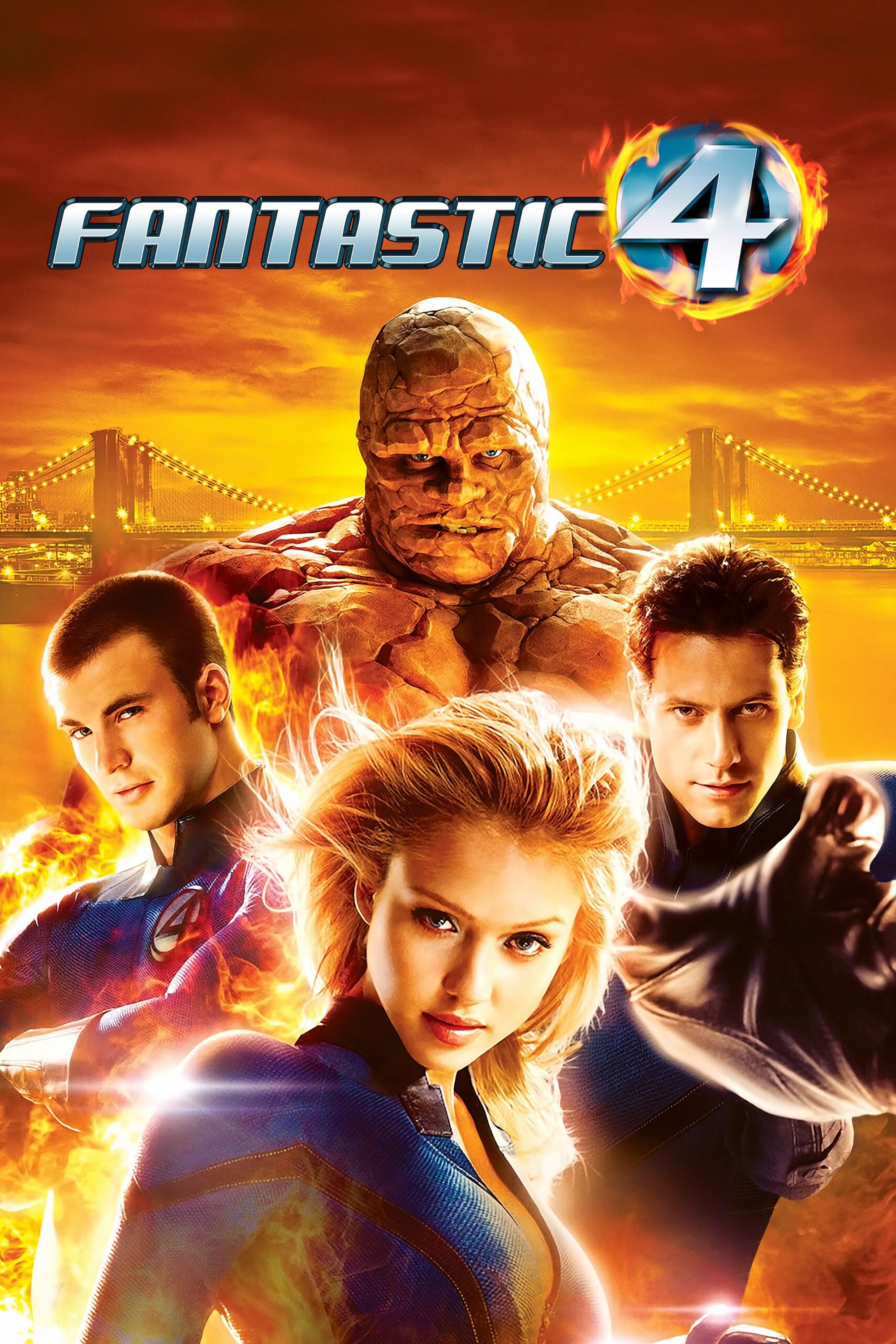
The 2015 ‘Fantastic Four’ movie was a major departure from the original comics, featuring a much darker story and changing the ethnicities of some characters. Director Josh Trank publicly disowned the final version because fans disliked its bleakness and how much it strayed from the source material. The film was a huge failure, both with critics and at the box office, leading the studio to immediately scrap plans for a follow-up. Eventually, the rights to the Fantastic Four characters returned to Marvel Studios after 20th Century Fox couldn’t create a successful movie adaptation.
‘Resident Evil’ (2002–2021)
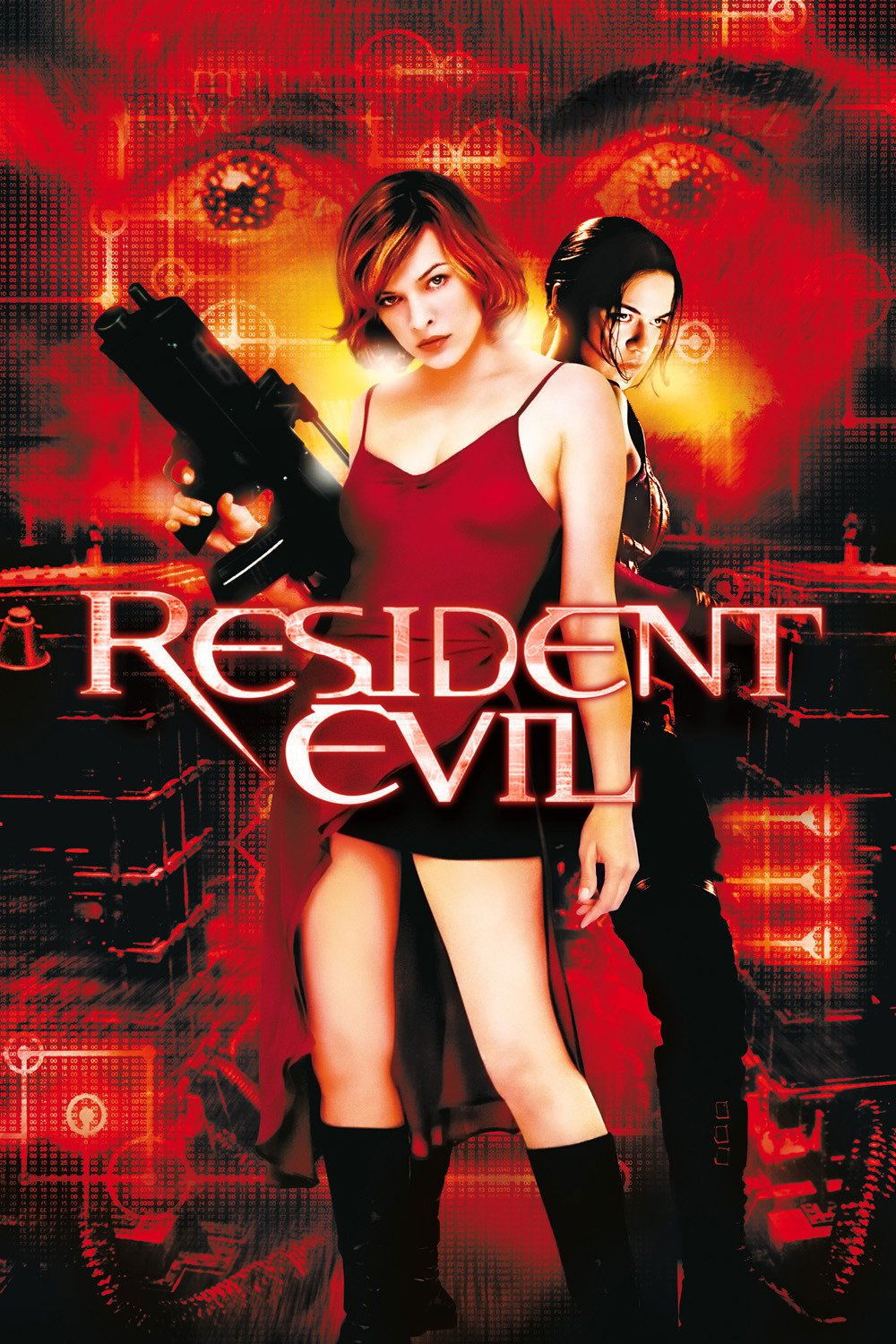
‘Resident Evil: Welcome to Raccoon City’ aimed to restart the film series with a stronger emphasis on horror, but it received criticism for casting actors who didn’t look like their video game counterparts. Fans who wanted the movie characters to closely resemble the original games were disappointed with the choices for key roles like Leon S. Kennedy and Jill Valentine. The film didn’t perform well at the box office, earning much less than previous ‘Resident Evil’ movies that focused on action. As a result, plans for a connected series of films were cancelled, though future reboots haven’t been ruled out.
‘Peter Pan’ (1953–2023)
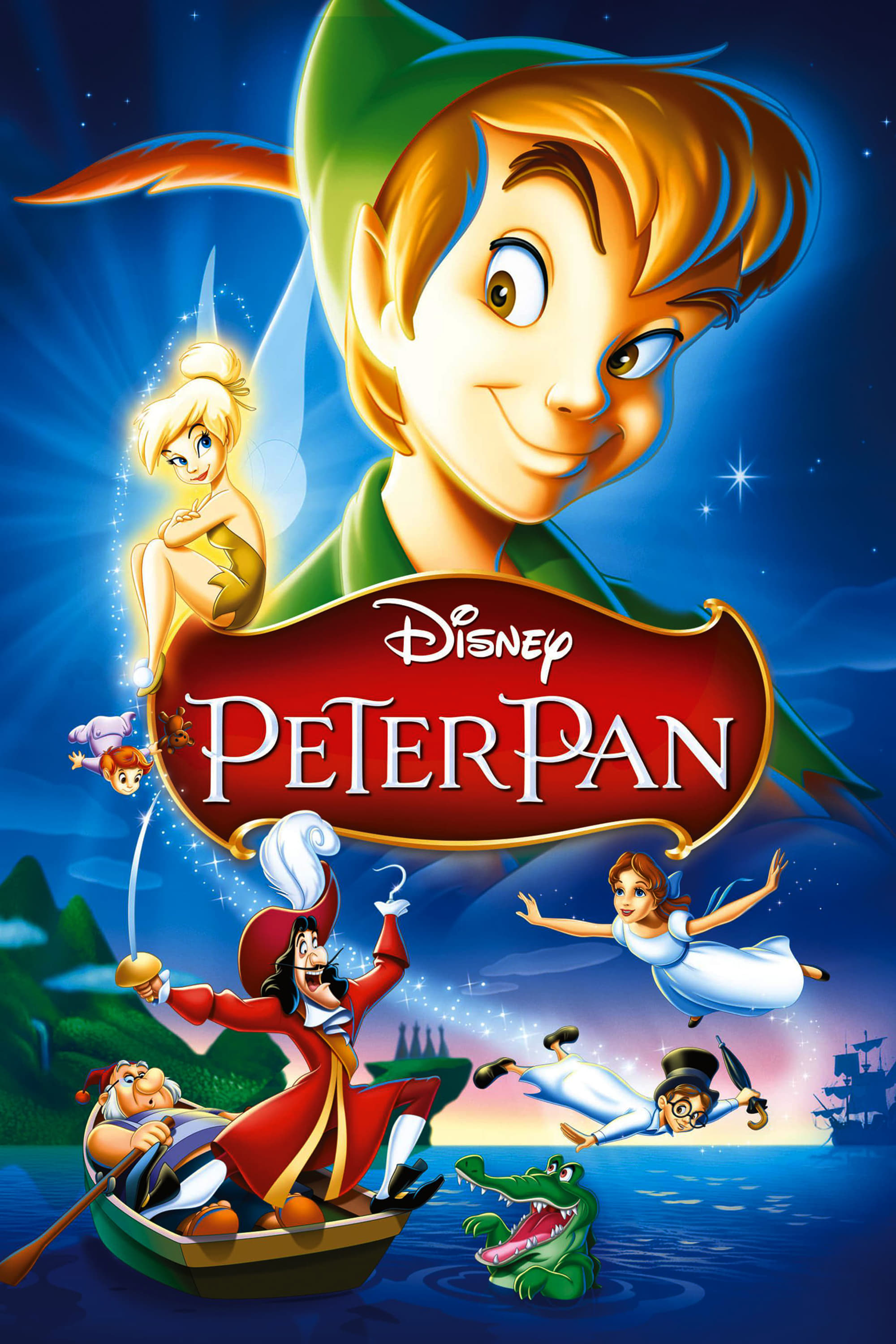
As a lifelong movie fan, I have to say the reaction to ‘Peter Pan & Wendy’ on Disney Plus was pretty harsh, and honestly, not entirely undeserved. A lot of people, myself included, were disappointed by the changes they made to the Lost Boys and Tinker Bell. It felt like Peter himself took a backseat in his own movie, with the focus shifting to Wendy and a more diverse cast – which isn’t inherently bad, but it didn’t feel right for this story. The numbers really spoke for themselves; it didn’t get a lot of viewers, and reviews were pretty low across the board. It really showed me that these live-action remakes, especially when they mess with the core of what made the original animated films special, are starting to fall flat.
‘Marvel Cinematic Universe’ (2008– )
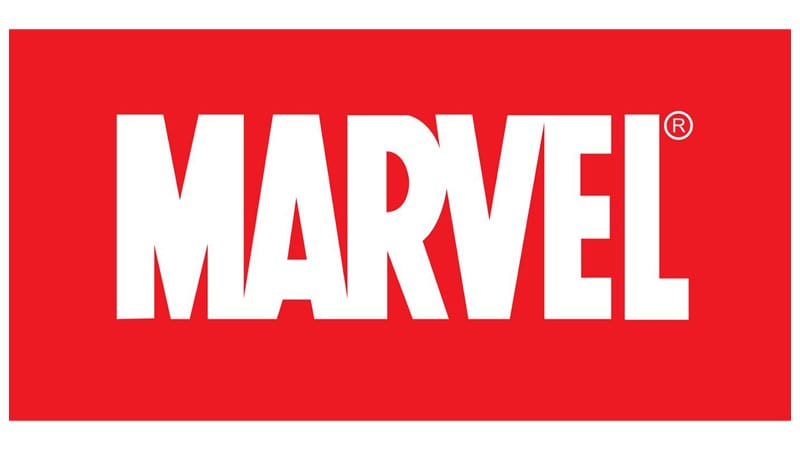
‘The Marvels’ had a disappointing opening weekend, hitting a record low for the Marvel Cinematic Universe. Many viewers felt the movie relied too much on lesser-known characters and stories that were hard to follow without watching several TV shows first. Critics also pointed to an uneven tone and a feeling that the film focused more on representation than on a strong, engaging story. The poor box office performance suggests Marvel needs to make significant changes to its creative approach to win back audiences.
‘DC Extended Universe’ (2013–2023)
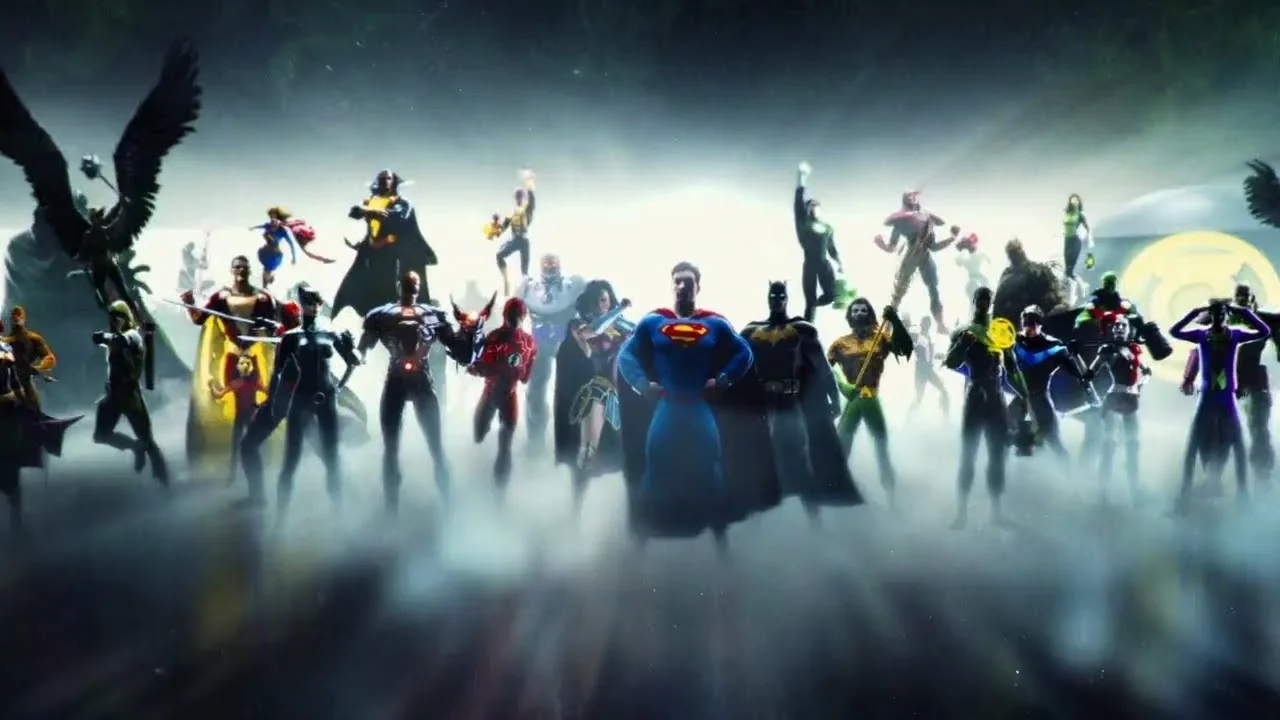
The movie ‘Birds of Prey’ was promoted as a story about female empowerment, which turned off some fans of typical superhero films. It didn’t do well in theaters, so the studio changed the title while it was still playing to highlight Harley Quinn’s role. This misstep added to the problems of the shared universe, which had trouble finding a consistent style and attracting a loyal audience. Ultimately, after several box office failures and a lack of clear planning, the entire series was restarted.
‘Mulan’ (1998–2020)
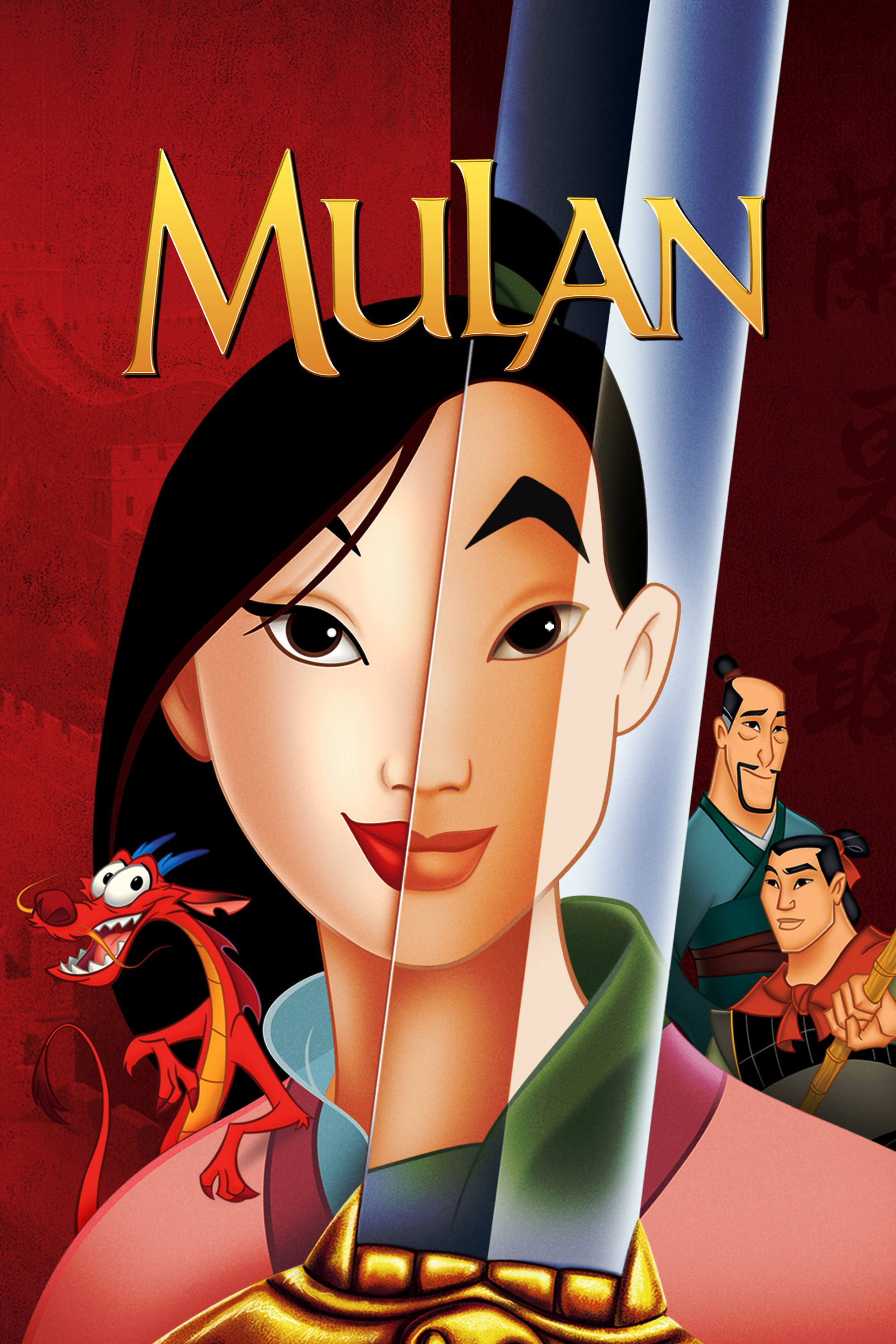
The new live-action version of the classic animated film left out all the songs and the character Mushu, aiming for a more dramatic and realistic story. This caused problems, including protests sparked by where the movie was filmed and statements made by the lead actress. Many fans were also disappointed that the film changed the main character’s story, giving her magical powers instead of showing her succeed through effort. The film wasn’t released in many cinemas and there are no plans for follow-up movies.
Share your thoughts on which franchise deserved a better fate in the comments.
Read More
- 2025 Crypto Wallets: Secure, Smart, and Surprisingly Simple!
- Brown Dust 2 Mirror Wars (PvP) Tier List – July 2025
- Gold Rate Forecast
- Wuchang Fallen Feathers Save File Location on PC
- Banks & Shadows: A 2026 Outlook
- Gemini’s Execs Vanish Like Ghosts-Crypto’s Latest Drama!
- HSR 3.7 breaks Hidden Passages, so here’s a workaround
- QuantumScape: A Speculative Venture
- The 10 Most Beautiful Women in the World for 2026, According to the Golden Ratio
- 9 Video Games That Reshaped Our Moral Lens
2025-11-24 19:49